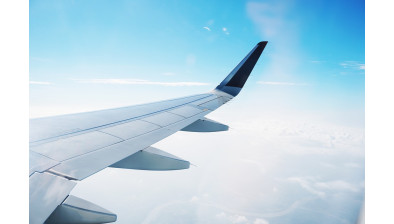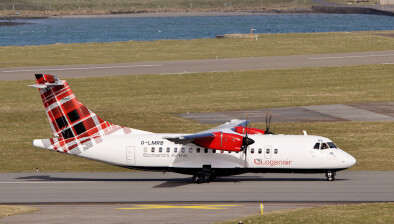Loganair drops fuel surcharge on new ticket sales

Loganair, the UK’s largest regional airline, has cut its fuel surcharge on new ticket sales in response to changes in global fuel prices.
The airline, which announced the surcharge in March this year as worldwide oil prices increased, has set out three zones to apportion the surcharge on an equitable basis in line with distance travelled.
This means that the fuel surcharge on the shortest flights – under 200 miles and typically covering lifeline routes to and from the Scottish Islands and the Isle of Man – will fall from its current £3.95 per flight to £1.95 from 9 September.
It is in line with Loganair’s original pledge to cut the surcharge when the price of Brent Crude falls below $110 per barrel for more than six consecutive weeks.
However, the cost increase across the industry is still significant, especially in view of the deteriorating US dollar exchange rate against UK Sterling given that oil is globally traded in US dollars. As such, the airline has now set out differentiated surcharges for two groups of longer routes where travel is more than 200 miles.
New fuel surcharge effective 9th September 2022 are as follows:
- Zone 1 under 200 miles £1.95 - reduces from £3.95
- Zone 2 between 200 and 300 miles - remains the same £3.95
Zone 3 for routes over 300 miles - increases to £5.95Loganair said that the new zonal structure will enable the airline to ensure that customers are not unfairly penalised when it comes to the actual fuel burn that is created by the distance of the route.
Jonathan Hinkles, Loganair chief executive, said: “We are happy to announce that on our key island and local community flying, we’re today halving the fuel surcharge for new bookings - as we promised we would do back when Brent Crude prices remained under $110 for six consecutive weeks.”
“However, fuel prices remain highly volatile and a combination of US dollar exchange rates and refinery costs means that we’re paying more for fuel today than we were in March.
“Therefore, it’s only right that we address the balance and as we go into the Winter, it is essential that we adjust charges to reflect these costs. We are continuously monitoring the situation and will keep customers completely updated with any changes.”







